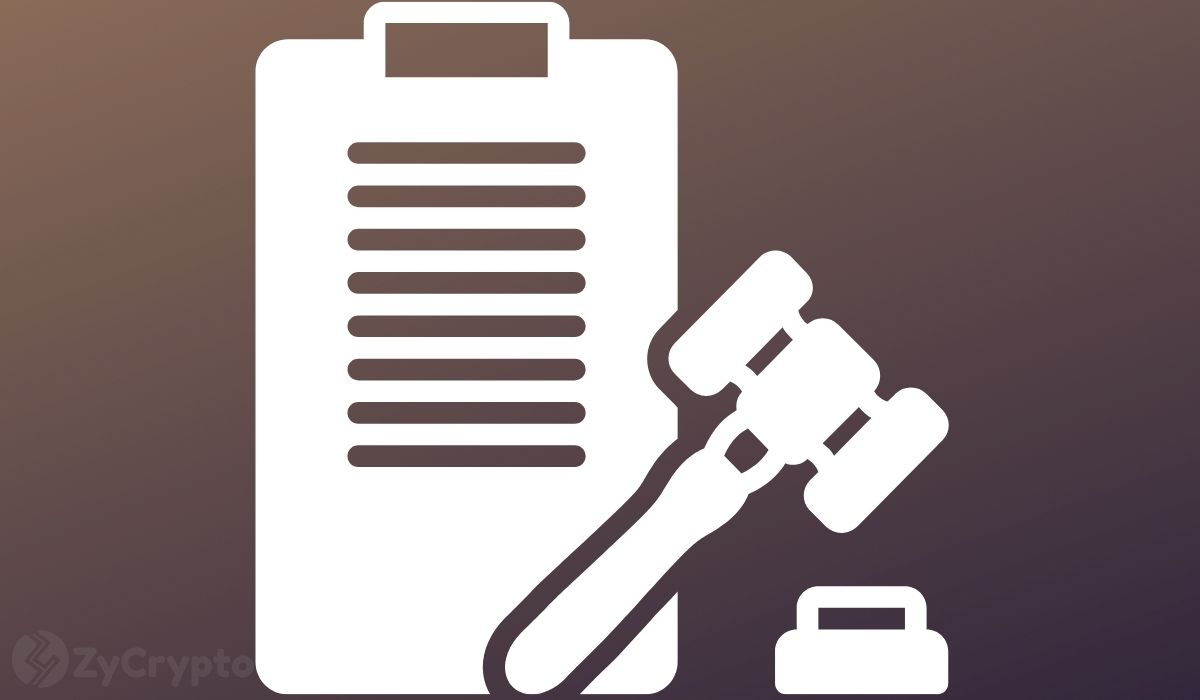President of Panama, Laurentino Cortizo has made public the country’s stance on crypto. Cortizo has outrightly rejected crypto legislation until adequate checks are put in place to monitor fraud.
A bill to legislate the use and operation of cryptocurrency was passed back in April, by the country’s legislative assembly. President Cortizo has, however, refused to sign the bill into law. Things could change though if his proposed conditions are met.
Panama’s International Position
Panama has been labeled incompetent in policy implementation by the Financial Action Task Force, which acts as a global watchdog for money laundering and terrorist financing. The Cortizo-led government has vowed to change the tides around and give the nation a new international identity.
The bill, in itself, has a prospect of being a driving force in the nation’s economy if passed into law. In what is set to be a key development, the bill hopes to introduce blockchain technology as a platform for keeping public records.
Panama’s stable economy comes with the risk of being the likely destination for drug trafficking, especially considering the countries they’re bordered by. Cortizo is trying to build a financially clean nation and isn’t willing to rush into anything that could expose the country.
 
 
While the bill would further fortify an already developed economy in the form of investment from tech companies, Cortizo has refused to be swayed. He has expressed satisfaction with the economy and until the bill is protected from money laundering, it could be sanctioned and vetoed.
Global Level of Crypto Adoption
There is a rising wave globally over whether crypto should be adopted or not. With the almost never-ending rise and fall of the crypto market, a case for adoption or ban is a global matter of debate.
In the wake of their ongoing crisis with Ukraine, Russia would be taking a big step toward legislation. The nation’s stiff stance on crypto adoption has been reconsidered. In reports, the adoption is barely a matter of when, how, and adequate regulations.
Pakistan is another country that’s reconsidering its stance on crypto legislation. Unlike Russia, the plan is to reject the legislation of a crypto-driven economy. However, committees have been set up to study the future consequences of the plan. Conversely, bitcoin is a legal tender in El Salvador and the Central African Republic.
Read More: zycrypto.com




.png?format=1500w)




 Bitcoin
Bitcoin  Ethereum
Ethereum  Tether
Tether  Solana
Solana  USDC
USDC  Lido Staked Ether
Lido Staked Ether  XRP
XRP  Toncoin
Toncoin  Dogecoin
Dogecoin  Cardano
Cardano  Shiba Inu
Shiba Inu  Avalanche
Avalanche  TRON
TRON  Wrapped Bitcoin
Wrapped Bitcoin  Chainlink
Chainlink  Bitcoin Cash
Bitcoin Cash  Polkadot
Polkadot  NEAR Protocol
NEAR Protocol  Polygon
Polygon  Litecoin
Litecoin  Internet Computer
Internet Computer  Uniswap
Uniswap  Fetch.ai
Fetch.ai  Dai
Dai  LEO Token
LEO Token  Ethereum Classic
Ethereum Classic  Hedera
Hedera  Render
Render  Pepe
Pepe  Wrapped eETH
Wrapped eETH  First Digital USD
First Digital USD  Aptos
Aptos  Immutable
Immutable  Cronos
Cronos  Cosmos Hub
Cosmos Hub  Arweave
Arweave  Mantle
Mantle  Filecoin
Filecoin  Stellar
Stellar  Renzo Restaked ETH
Renzo Restaked ETH  OKB
OKB  Stacks
Stacks  The Graph
The Graph  Optimism
Optimism  Arbitrum
Arbitrum  Maker
Maker  dogwifhat
dogwifhat